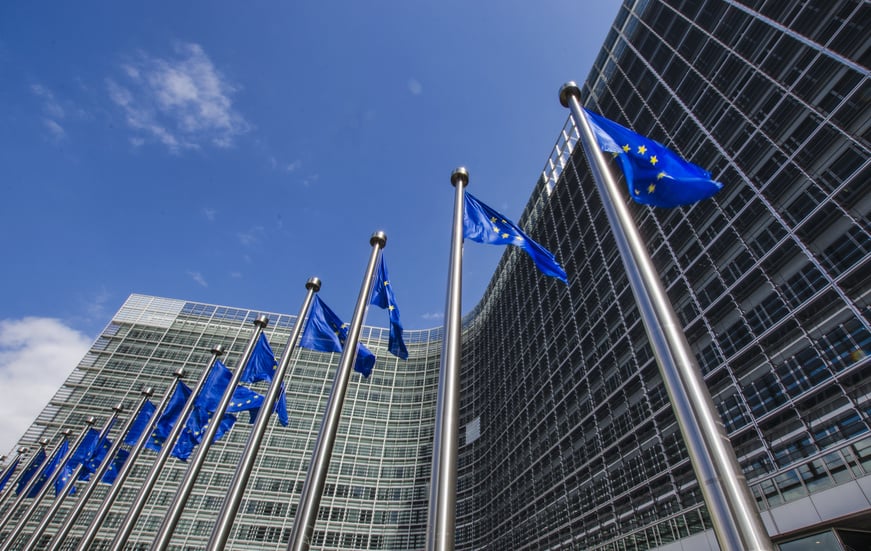In an opinion issued on 22 November 2017, EU-Advocate General Manuel Campos Sánchez-Bordona confirmed that the EU competition law provisions do not apply to companies that are part of the same corporate group. However, in case those companies submit separate bids in a public tender, the contracting authority might have to seek assurances from those companies that their simultaneous participation in the public tendering process were not to jeopardize the free and fair competition between all tenderers.
The Advocate General’s opinion was released in relation to a case currently heard by the EU Court of Justice (Case C-531/16 – Ecoservice projektai UAB). The case arose from a dispute in Lithuania over a local waste-disposal tender. While two companies of the same corporate group had submitted separate bids, this was challenged by a subsequently unsuccessful bidder, claiming that the two group companies infringed public procurement and competition rules by submitting separate bids. In the course of the national proceedings, the Lithuanian court referred to the EU Court of Justice the question of whether the free movement of persons and services (Articles 45 and 56 TFEU), the principles of equality of tenderers and of transparency (Article 2 of Directive 2004/18) and the principle of free and fair competition meant that related tenderers submitting separate bids in a public tender were under a duty to disclose the corporate links between them to the contracting authority, irrespective of whether or not the national laws provided for such a duty.
In its opinion, the Advocate General first confirmed that two companies belonging to the same corporate group may not be prevented from submitting separate bids in the same tendering procedure. In addition, the Advocate General found that none of the EU laws referred to by the Lithuanian court could be interpreted in such a way as to oblige related tenderers to disclose their corporate links to the contracting authority.
However, according to the Advocate General, the contracting authority itself might be under a duty to ask related tenderers to provide evidence that their situation does not run counter to the principle of competition. Even though, the Advocate General confirmed that the EU competition law provisions as enshrined in Article 101 TFEU do not apply to companies of the same corporate group, this fact did not absolve the contracting authority of the need to ensure a truly competitive process operating in procedures for the award of public contracts. Where related companies simultaneously participated in a public tender, the Advocate General found that the suspicion might arise that these companies acted in a coordinated or even collusive way to the detriment of such competitive process. As a consequence, he concluded that it was for the contracting authority to ensure that the simultaneous participation of related companies were not to jeopardize the free and fair competition between tenderers.
It follows from this that, at least where the contracting authority is aware of the fact that two or more tenderers from the same corporate group participate in the tender process, it has to play an active role in ensuring that their tenders are separate and genuinely different. In case, based on the evidence available in the procedure, the contracting authority harbors doubts that the simultaneous participation of those tenderers might undermine transparency and distort competition within the tendering process, the authority will be obliged to request from those tenderers all information it considers necessary to assess the situation. If the authority does not comply with this duty, tenderers losing out may then well have grounds to attack the authority’s decision before national courts.
Advocate Generals are members of the EU Court of Justice who provide legally non-binding opinions on cases prior to the final ruling of the Court. In the past, the Court’s judgments frequently followed the opinions of the Advocate Generals, however. The EU Court of Justice will issue its final ruling in the Lithuanian case in the upcoming months.



